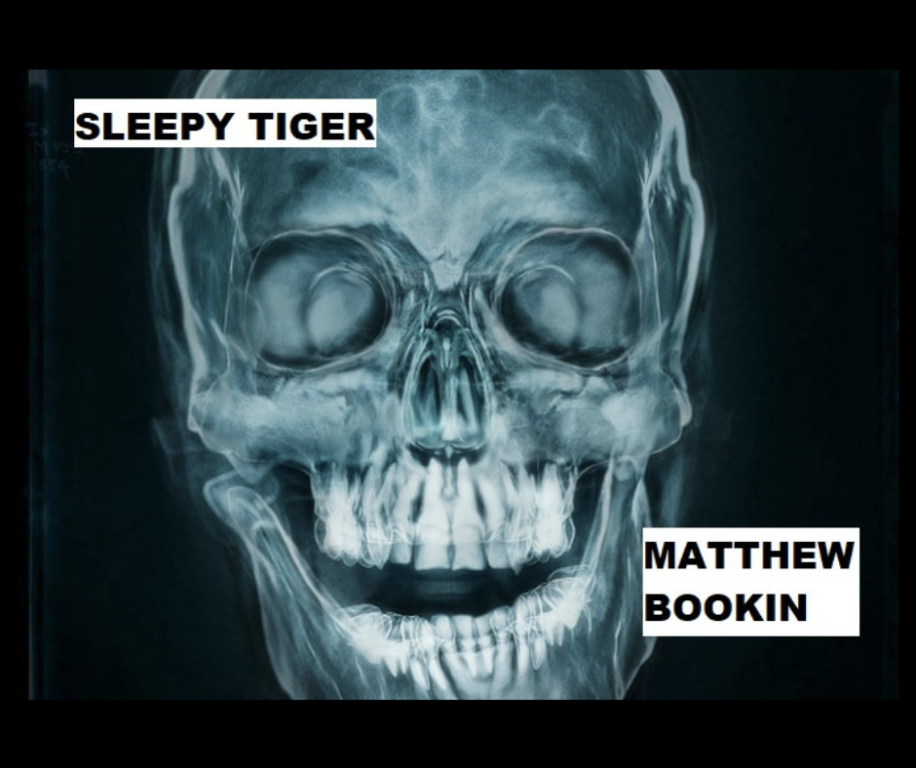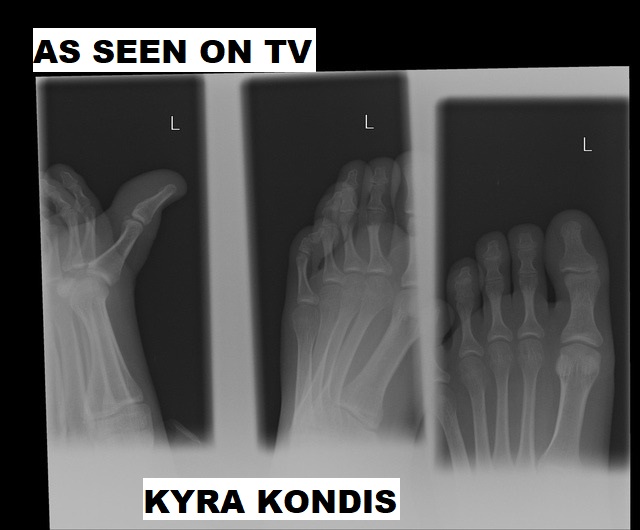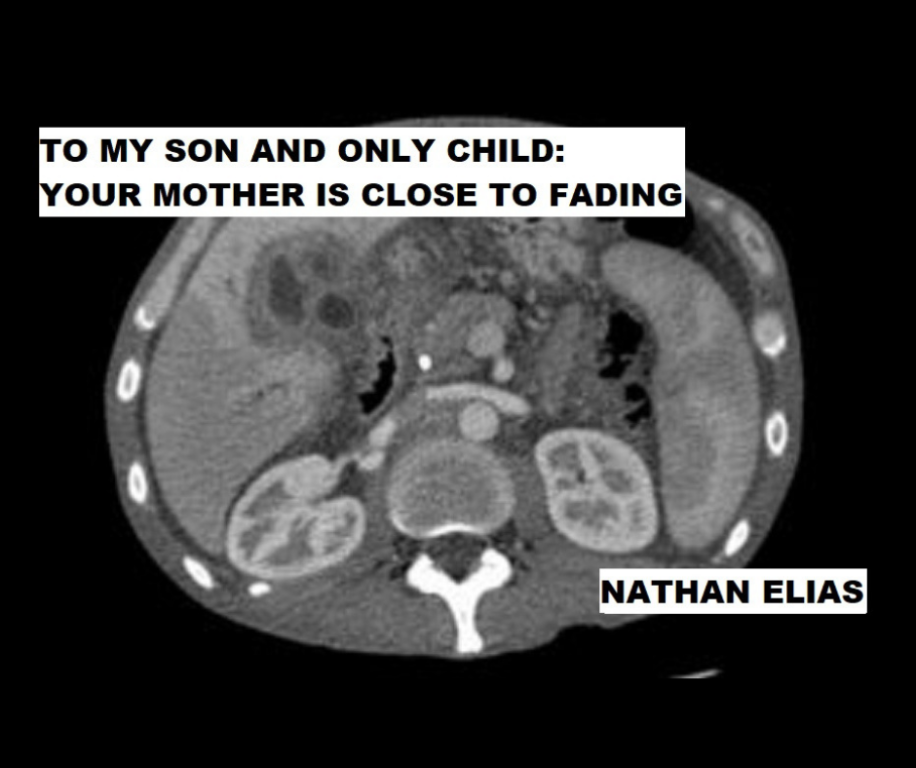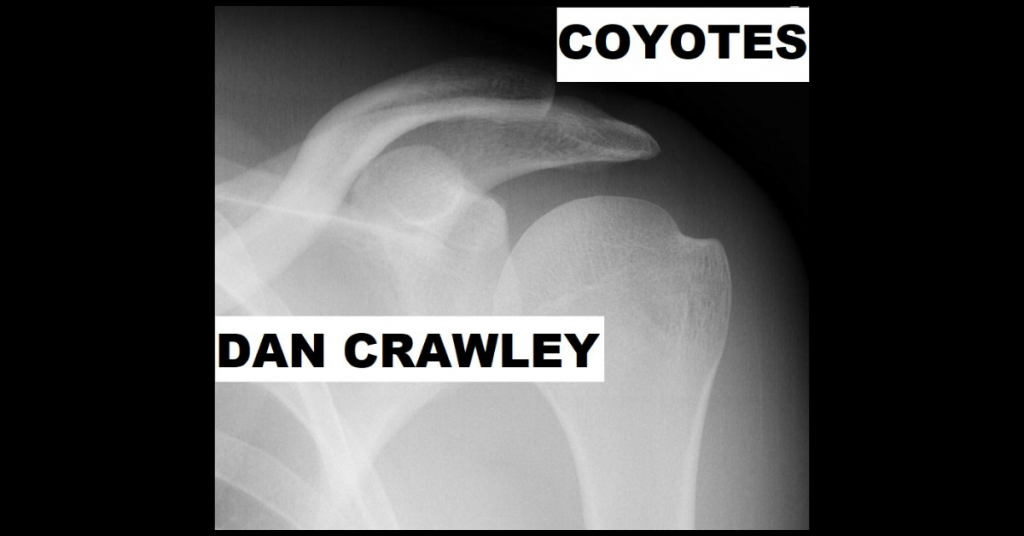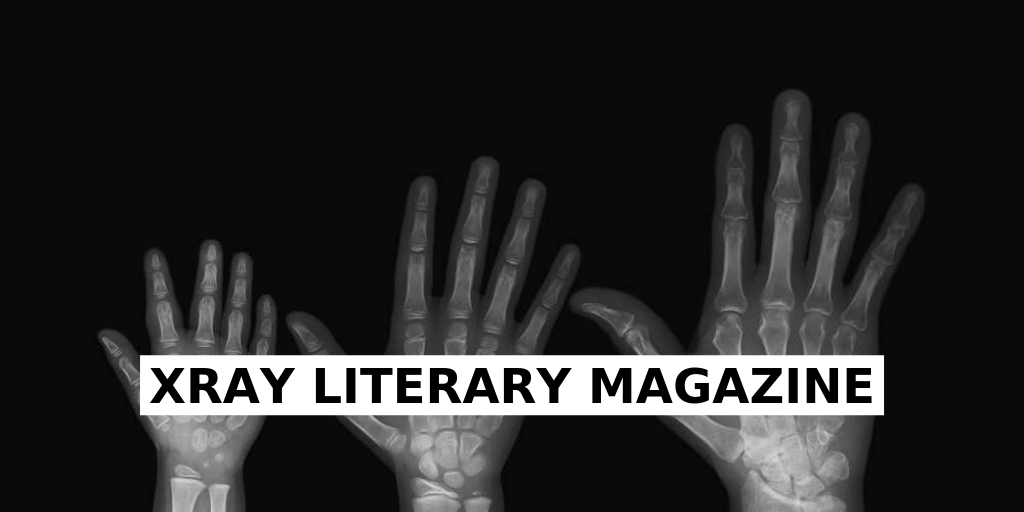
MIND WHAT’S GOOD by L Mari Harris
The girl sits on her old teeter totter in the backyard, eating mini marshmallows out of a bag. Pushes off. Crick. Down. Crick. Pushes off again. Crick. Pork Chop the Chihuahua watches each marshmallow go from fingers to mouth, cocking one eyebrow, then the other. A man in a black suit and hat walks down the alley. It’s early August, 98 degrees. He has something in his hand. “Hey, Mister! What’s in your hand?” The man stops at the fence and holds a hammer and a bar of soap up. The girl and Pork Chop stare. Mrs. Potter from three…


